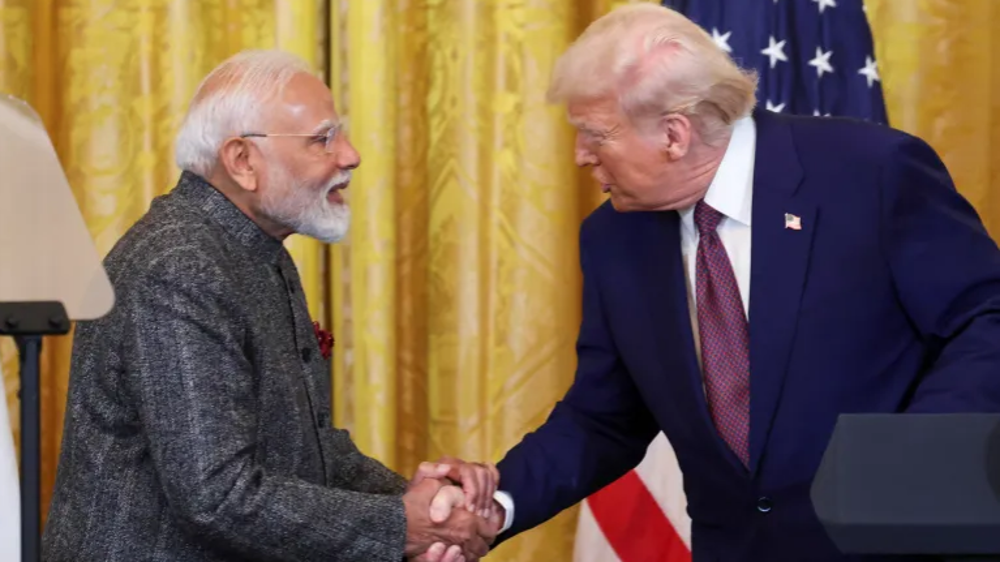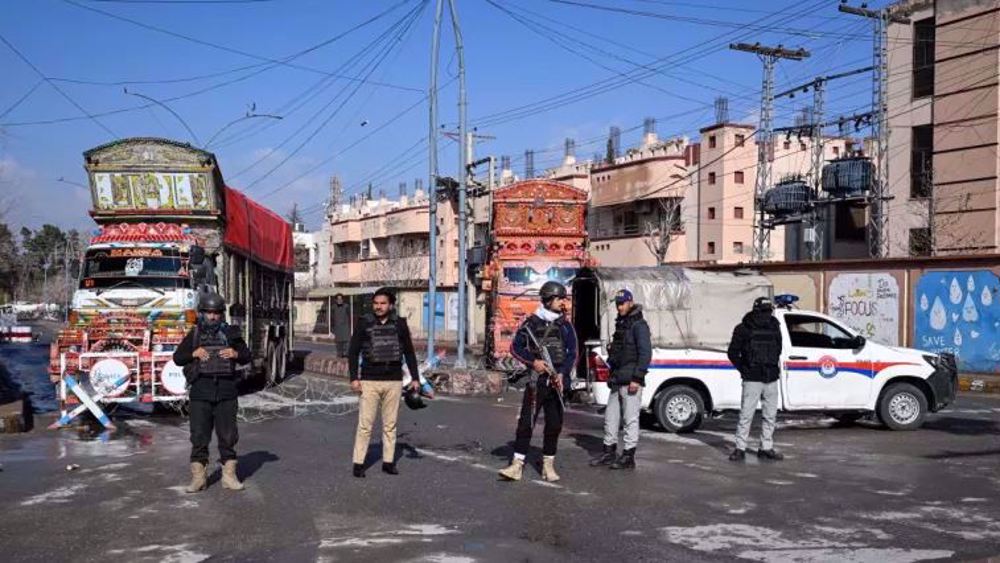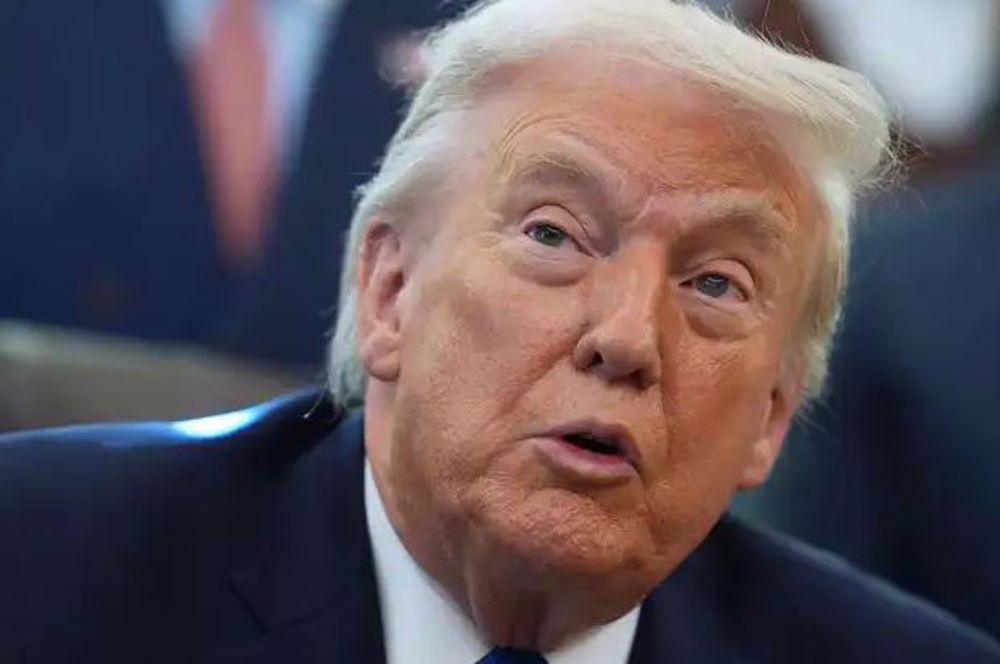India's new citizenship law puts millions at risk of statelessness
Munawar Zaman
Press TV, New Delhi
As the world battles a devastating refugee crisis, this part of the planet is also struggling with another form of the issue. India has been witnessing a growing environment of fear and panic among the citizens especially Muslims in the last few months. A newly enacted citizenship law which many call confusing has widened an atmosphere of mistrust towards Indian Prime Minister Narendra Modi and his Bharatiya Janata Party.
Critics accuse the ruling party of polarizing the country along religious lines and therefore playing a divide and rule policy. Many argue this could lead to a refugee or humanitarian crisis.
Most of the anti-citizenship law protesters say the ruling BJP is not trustworthy and describe most of its leaders as liars and hate-mongers with covert policies. Many Muslims fear all these rulings such as national register of citizens and national population register are not to tackle illegal immigration but only to target the Muslim community. Critics accuse the government of having a broader political agenda of transforming India into an exclusive Hindu nation.
The government blames critics and the opposition parties for what it calls misleading the people reiterating that the law has nothing to do with the country’s citizens or Muslims in particular.
Prime Minister Modi in his recent speech defended the law and assured the citizens that there is no need to panic. The mistrust, however, continues with experts saying the law is cruel, will separate families and will create humanitarian crises. There are also concerns that the poor and the women will be among the most affected.
Observers say India’s decision to grant refuge or asylum to immigrants cannot isolate New Delhi from its international obligations which make the country necessary to adopt a fair refugee policy that includes everyone and is non-discriminatory. They call for adoption of policies regardless of applicants’ nationality, religion or gender.
Araghchi holds key meetings in Geneva ahead of indirect Talks with US
Iran to hold 40th day commemoration for martyrs of terrorist riots
Lebanon’s parliament speaker urges pressure on Israel to stop ceasefire violations
UK government asked not to release Mandelson emails on Epstein: Report
VIDEO | Gaza Ramadan initiative
Hillary Clinton slams Trump for ‘betraying the West and NATO’
UN Staff group defends Francesca Albanese, condemns European ministers’ ‘vitriolic’ accusations
VIDEO | Full intelligence oversight maintained over Strait of Hormuz: IRGC Navy Commander









 This makes it easy to access the Press TV website
This makes it easy to access the Press TV website